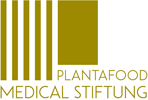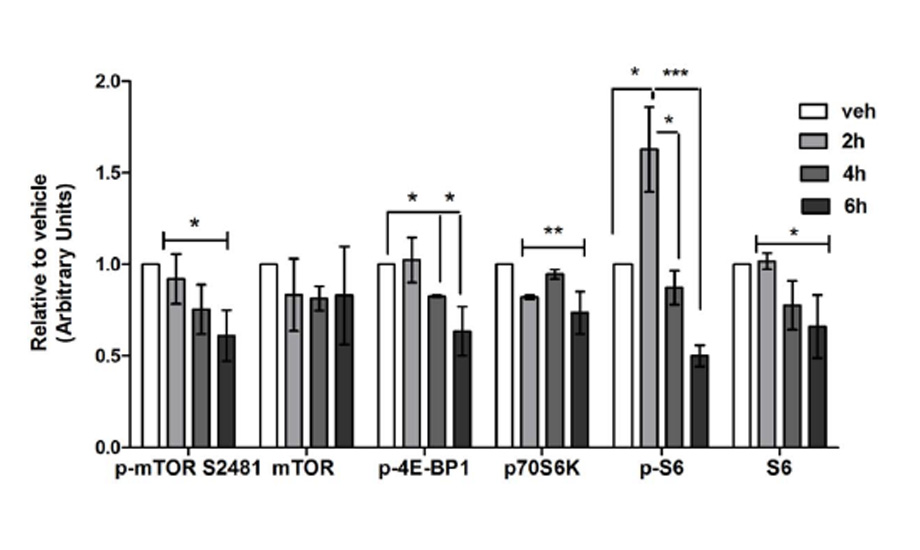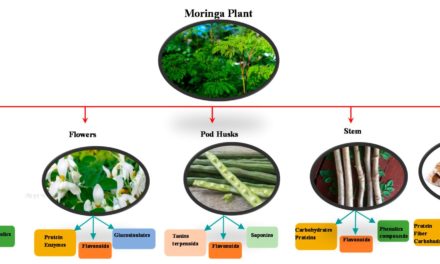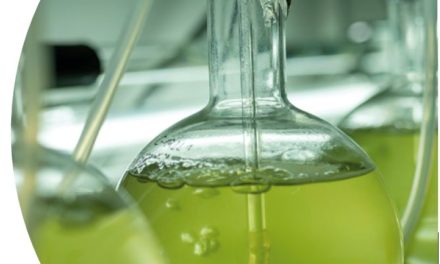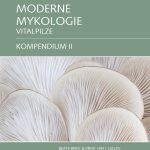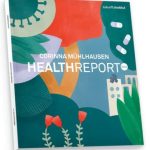Anti-Tumor Effects of Ganoderma lucidum (Reishi) in Inflammatory Breast Cancer in In Vivo and In Vitro Models
Ivette J. Suarez-Arroyo 1, Raysa Rosario-Acevedo 1, Alexandra Aguilar-Perez 1, Pedro L. Clemente 1, Luis A. Cubano 2, Juan Serrano 3, Robert J. Schneider 4, Michelle M. Martínez-Montemayor 1*
1 Department of Biochemistry, Universidad Central del Caribe, School of Medicine, Bayamón, Puerto Rico, United States of America,
2 Department of Anatomy and Cell Biology, Universidad Central del Caribe, School of Medicine, Bayamón, Puerto Rico, United States of America,
3 San Pablo Pathology, Bayamón, Puerto Rico, United States of America,
4 New York University Cancer Institute, New York, New York, United States of America
Abstract
The medicinal mushroom Ganoderma lucidum (Reishi) was tested as a potential therapeutic for Inflammatory Breast Cancer (IBC) using in vivo and in vitro IBC models. IBC is a lethal and aggressive form of breast cancer that manifests itself without a typical tumor mass. Studies show that IBC tissue biopsies overexpress E-cadherin and the eukaryotic initiation factor 4GI (eIF4GI), two proteins that are partially responsible for the unique pathological properties of this disease. IBC is treated with a multimodal approach that includes non-targeted systemic chemotherapy, surgery, and radiation. Because of its non-toxic and selective anti-cancer activity, medicinal mushroom extracts have received attention for their use in cancer therapy. Our previous studies demonstrate these selective anti-cancer effects of Reishi, where IBC cell viability and invasion, as well as the expression of key IBC molecules, including eIF4G is compromised. Thus, herein we define the mechanistic effects of Reishi focusing on the phosphoinositide-3-kinase (PI3K)/AKT/mammalian target of rapamycin (mTOR) pathway, a regulator of cell survival and growth. The present study demonstrates that Reishi treated IBC SUM-149 cells have reduced expression of mTOR downstream effectors at early treatment times, as we observe reduced eIF4G levels coupled with increased levels of eIF4E bound to 4E-BP, with consequential protein synthesis reduction. Severe combined immunodeficient mice injected with IBC cells treated with Reishi for 13 weeks show reduced tumor growth and weight by ,50%, and Reishi treated tumors showed reduced expression of E-cadherin, mTOR, eIF4G, and p70S6K, and activity of extracellular regulated kinase (ERK1/2). Our results provide evidence that Reishi suppresses protein synthesis and tumor growth by affecting survival and proliferative signaling pathways that act on translation, suggesting that Reishi is a potential natural therapeutic for breast and other cancers. (…)
